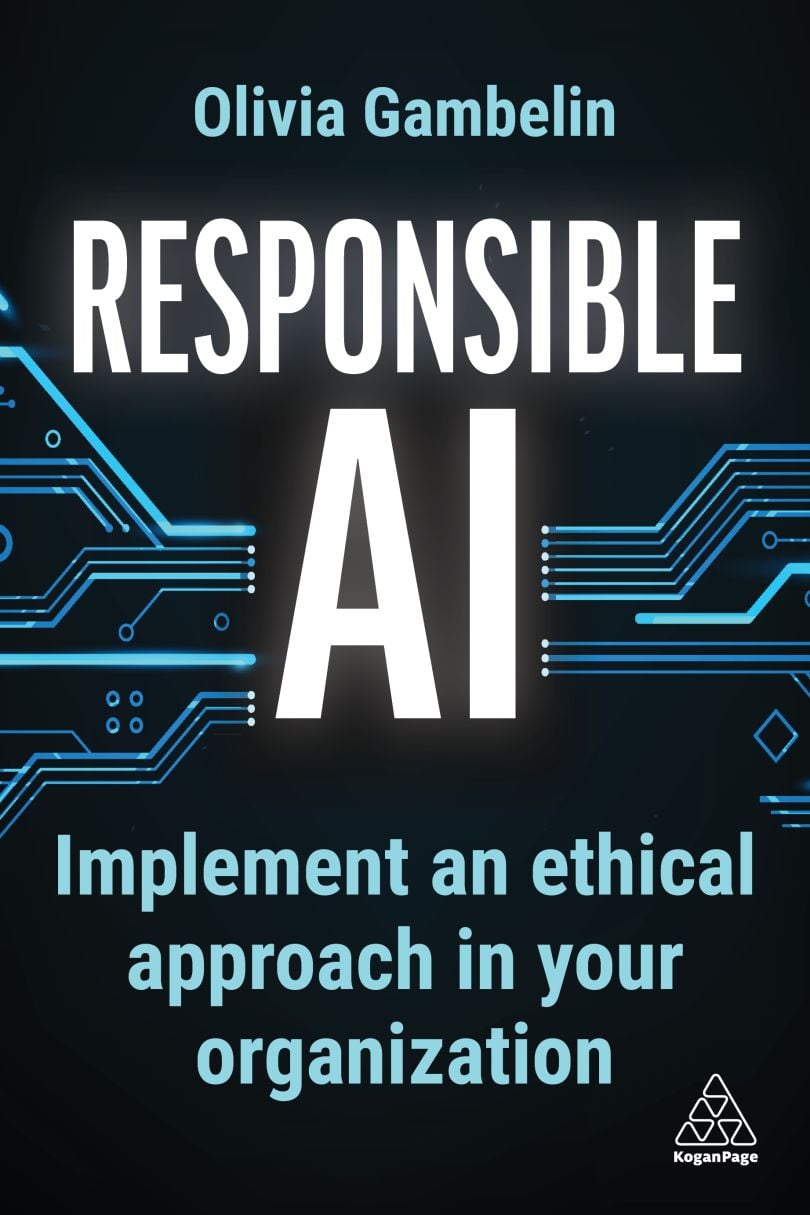There is no denying it, the world of artificial intelligence moves at such breakneck speeds that even those working on the cutting edge of the technology are continuously suffering from whiplash.
With new technological advances becoming what feels like almost daily occurrences, the market is continuously in flux, and businesses must learn how to adapt or quickly become obsolete.
Responsible AI in the Workplace Statistics
According to a study by MIT Sloan Management Group and Boston Consulting Group:
- 54 percent of those surveyed report difficulty finding experts in responsible AI.
- 43 percent stated their senior leadership doesn’t prioritize responsible AI.
- 53 percent reported a lack of staff training on the topic.
A Long-Term Strategy in a Short-Term Market
No one is safe from the impact of AI. Startups that were thriving one day are shutting down the next, while even industry giants fear that if they don’t keep pace with new solutions, they will soon be left behind.
This creates the pressure to view technology and the market as a cycle of short-term problems to solve. How can you possibly look to plan five years in advance when you can’t even predict what the market, let alone the AI developments, will look like in the next five months?
While the AI development cycle continues to shrink and the ever-mounting pressure to deliver new products or get left behind grows, it becomes more and more difficult to look beyond the short-term problems to fix and opportunities to grab.
However important it may be to plan for the long run, it can be difficult to devote time and attention towards long-term benefits when it can be so easy to go for the short-term gains. This is where the first reason not to invest in responsible AI lies.
With AI, there’s the technical layer, the business layer, the operational layer and so on. But the layer that often goes forgotten in AI is the ethical layer.
According to research done by MIT and BCG, it takes around three years for an organization to see the business impact of any responsible AI initiative. So although responsible AI promises to bring with it improved AI product quality, more sustainable business and an increase in original innovation, all of which are very real and very valid measures of significant business impact, it is a long-term strategy.
If you are looking for immediate short-term business impact for your organization when it comes to AI, then investing in responsible AI may not be the best fit.
But before you make your decision on whether or not you can afford to implement a strategy that may take up to three years before you see significant impact, let’s consider three important points of contextualization to that number.
First, the average amount of time it takes to reach return on investment for any given AI investment is 1.2–1.6 years. Although this is half the time of a responsible AI investment, the average ROI for AI is only 1.3 percent. Imagine though what that ROI could look like if the failure rate for AI was reduced by 28 percent, which is the average failure reduction rate for organizations with responsible AI practices.
Second, responsible AI is still a new practice, with novel solutions and routes to increased efficiently being released almost monthly. It may take up to three years to realize business impact from responsible AI at this point in time, but three years is not a definitive number, it is only a starting point for a young and vibrant field.
And third, it very well may take you three years to realize any kind of business impact, but if 52 percent and counting of AI-driven companies have started investing into some level of responsible AI in 2023, you are going to be far behind more than half of the industry by 2026. One way or another the time will pass. It just depends if the time passing is getting you closer to realizing new business impacts, or if you are instead letting it slip through your fingers.
Regardless of what you do, responsible AI is coming and you need to make a decision.
Be Proud of What You Build
Of course, I can’t in good conscience leave you with only a handful of reasons not to do responsible AI when there are so many reasons for why you should.
From technical enhancements, to improved product quality, stronger company culture, regulation readiness — the list goes on. As I sat down to write this though, I considered the possibility of illuminating all of these potential benefits to responsible AI for you in detail.
But as I started to do so I realized that although the technical and business benefits are numerous, for me there is really only one reason for investing in responsible AI. All the rest are just bonus benefits.
When it comes down to it, the “why” driving responsible AI and ethics, in my opinion, is simply the opportunity to truly understand what you are building in such intricate depth that it is impossible not to build something you can be proud of.

There are many layers to AI. You have the technical layer, the business layer, the operational layer and so on. But the layer that often goes forgotten in AI is the ethical layer, the very one that determines whether you are bringing something into this world that you can be proud of or will want to hide in shame from.
This is not just some theoretical ideal, to be clear. Over my years as an ethicist, I have had the pleasure of working with a wide range of clients. Regardless of the organizational size, industry, product, business model or technology, it is safe to say I have had the opportunity to apply my work in many a different context.
Each instance brings with it its own new challenges, limitations and potential, creating a client project that is beautifully unique in its own intricate way.
Although every client is different in its own way, one of the guaranteed outcomes I can expect every time is the client’s comment that thanks to the work done in implementing responsible AI and utilizing ethics as a decision-analysis tool, they now have a level of holistic understanding for the AI they are building (or using) at a depth they never imagined before was possible.
So why responsible AI? In a world driven by business impact and technological advancement, I will give you one very simple, very human reason why.
Responsible AI and ethics is worth the investment because it is the only way to, without fail, build something you can be truly proud of.
This edited extract from Responsible AI by Olivia Gambelin is ©2024 and reproduced with permission from Kogan Page Ltd.





